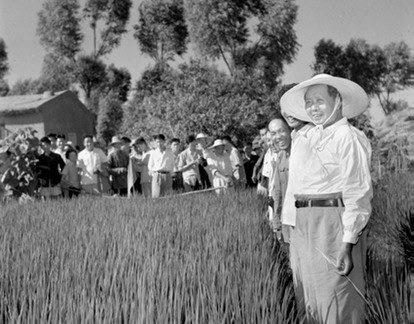Library Journal, 15 August 2010
From 1958 to 1962, Mao Zedong oversaw a massive collectivization, announced to the world as his "Great Leap Forward," an attempt to push China, both agriculturally and industrially, into the 20th century. Instead Mao destroyed the lives of millions of Chinese, forcing them to work under inhuman conditions on "the people's" farms. A devastating famine that killed approximately 30 million resulted from poor planning, execution, and widespread corruption. When even Mao's closest colleagues began to point out this folly, Mao consolidated his power and continued down this road of devastation with the "Great Cultural Revolution" (1966–76). Dikötter (Sch. of Oriental & African Studies, Univ. of London; The Discourse of Race in Modern China) writes a compelling account of the Great Leap Forward.
Verdict
Aided by newly released historical documents detailing the savage infighting and backstabbing of those in power and the extent of the nationwide damage, Dikötter has produced one of the best single-volume resources on the topic. Although a scholarly, heavily footnoted work, its flowing narrative—effectively a cautionary tale on the destructive powers of misguided ambition and blind hubris—reads well. Recommended for specialists as well as interested general readers. - Glenn Masuchika, Pennsylvania State University Lib., University Park

